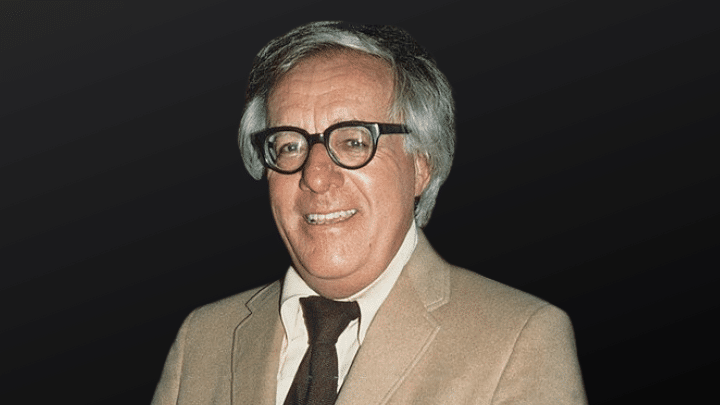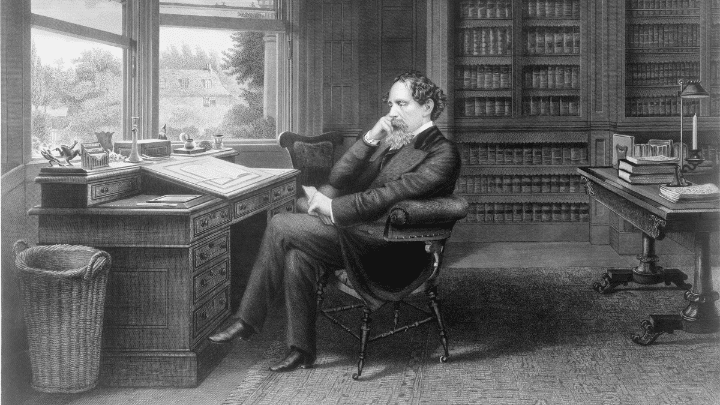10 Best Bertrand Russell Books You Should Read

Bertrand Russell, a British philosopher, logician, essayist, and social critic, has been an influential figure in various fields. Whether it’s his contributions to logic, his pioneering work in the philosophy of language, or his social and political commentaries, Russell has earned a lasting place in the pantheon of great thinkers.
Known for his precise arguments and clarity of thought, Russell was a Nobel laureate in Literature, an honour that was indicative of his excellent writing skills in addition to his intellectual rigour. The vast range of subjects he covered is astonishing—ranging from philosophy to human rights, from politics to love, and from religion to the very essence of human existence. His writings are not only for philosophers but for anyone interested in examining the deeper aspects of life.
Diving into Russell’s works can be a life-changing experience, offering you the analytical tools to dissect complex ideas and, perhaps more importantly, the critical perspective required to question established norms and beliefs. Below are the top ten books by Bertrand Russell that offer an overview of his thoughts, expressed with the characteristic lucidity and wit that have captivated readers for decades.
1. A History of Western Philosophy
If you’re new to philosophy or are interested in a comprehensive overview of Western philosophical thought, this is a great starting point. This book, first published in 1945, provides a chronological account of Western philosophy from the pre-Socratics to the early 20th century. While some experts criticise Russell for the biases he displays in this work, it remains a cornerstone for introductory philosophy courses and is highly readable.
Russell brings his own interpretative lens to the figures and movements he discusses, adding an additional insight into the historical facts. He was lauded for making complicated ideas accessible to the average reader, and this book serves as an epitome of that skill.
2. Principia Mathematica
This is not a book for the faint-hearted but is essential for those who are seriously interested in logic and the foundations of mathematics. Co-authored with Alfred North Whitehead, Principia Mathematica aims to establish a set of axioms and inference rules in symbolic logic from which all mathematical truths could in principle be derived.
While it may be a daunting read, its influence on both philosophy and mathematics is immeasurable. Russell and Whitehead strived to demonstrate that mathematics was nothing more than a branch of logic, thereby changing our understanding of both disciplines.
3. Why I Am Not a Christian
In this collection of essays, Russell dissects the fallacies of organized religion and the harmful influence it can have on society. He argues against the existence of God, questions the morality presented in religious doctrines, and criticises the role of religion in education.
Despite its controversial nature, the book isn’t merely an attack on religious beliefs but aims to provide rational arguments against the acceptance of Christianity specifically and organised religion more generally. It’s a thought-provoking read, particularly for those interested in religious criticism from a philosophical standpoint.
4. The Problems of Philosophy
This book serves as a concise guide to the fundamental questions in philosophy. What is knowledge? Can we ever have certain knowledge? What is the nature of reality? These are some of the questions Russell tackles, providing clear and compelling answers that have made this book a staple in philosophy courses worldwide.
Russell wrote this text to bridge the gap between philosophical problems and the general public. It’s a highly recommended read for those who wish to explore the basics of philosophy without getting lost in complex jargon.
5. In Praise of Idleness
Russell challenges the conventional wisdom that work is inherently virtuous in this collection of essays. He argues that leisure time is equally important and should be valued more highly than it currently is in modern society. This book isn’t just a critique of the work ethic but a broader commentary on societal norms and human happiness.
The title essay argues that less work could result in greater happiness and cultural development. It’s a compelling read that challenges traditional ideas about productivity and the meaning of life.
6. Human Knowledge: Its Scope and Limits
In this book, Russell delves deep into the intricacies of human perception, language, and the limitations of our understanding. He questions the extent to which we can truly know things, discussing the problems of induction, a priori knowledge, and empirical knowledge.
This is an advanced text that synthesises many of Russell’s earlier philosophical views, providing a comprehensive analysis of human knowledge. It’s an essential read for those interested in epistemology, the study of knowledge.
7. Marriage and Morals
This is one of Russell’s most controversial works, dealing with the taboos and ethics surrounding marriage, sex, and love. Written in 1929, the book was ahead of its time, questioning the very foundations of traditional marriage and sexual norms.
Russell argues for a more rational approach to love and marriage, one that doesn’t limit human freedom but maximises human happiness. While some of his ideas may seem dated, many are still relevant in the ongoing debate about the nature of relationships in society.
8. Political Ideals
Written during the tumultuous times of World War I, this book explores Russell’s thoughts on the political systems that would be necessary for the just and peaceful world he envisaged. It covers issues such as democracy, socialism, and nationalism.
Russell’s political philosophy is deeply rooted in his overarching humanitarian outlook. He argues for a political system that prioritises social cooperation and individual liberty.
9. The Conquest of Happiness
In this book, Russell offers insights into achieving a happy life. Unlike many self-help books, this text provides philosophical reasoning behind happiness, examining why people are often unhappy and how they can change their circumstances to achieve happiness.
Russell suggests that unhappiness is often a result of misplacing importance on societal status and material wealth. He proposes that true happiness can be attained through intellectual and moral growth, providing a timeless guide for those in search of a fulfilling life.
10. An Inquiry into Meaning and Truth
In this work, Russell explores the philosophical implications of the relationships between language, truth, and reality. It delves into complex concepts like the theory of descriptions and the nature of truth, aiming to clarify these ideas through rigorous argumentation.
This book is highly recommended for those who are interested in language philosophy and the foundations of semantics. Russell’s analytical style helps demystify complex concepts, making them accessible to the lay reader.
Conclusion
Bertrand Russell’s wide-ranging contributions to philosophy, politics, and human rights make him a must-read for anyone interested in the intellectual debates that have shaped modern thought. The above list provides an excellent starting point for diving into his influential body of work. Whether you’re a budding philosopher, a political activist, or simply a curious mind, there is a Bertrand Russell book for you.






